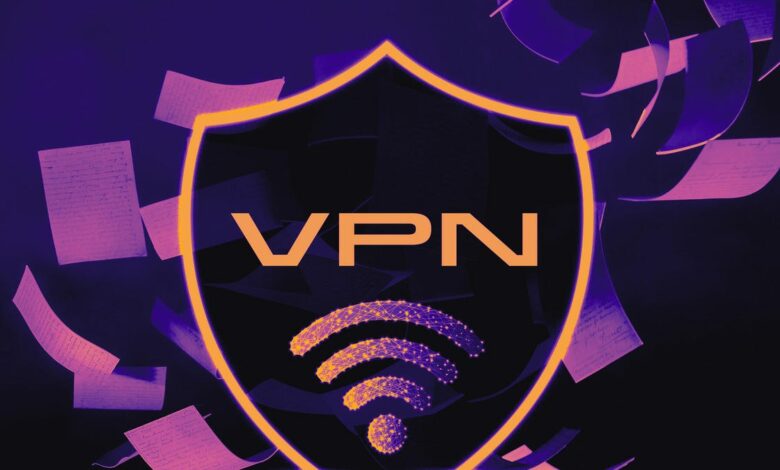Best VPN for School WiFi in 2024

Based on our testing and research, here are the most important factors students should consider when choosing a VPN for school WiFi:
Privacy
Privacy is perhaps the most important consideration when choosing a VPN. Especially if you’re on your school’s Wi-Fi network, you want to make sure that your online activity is protected and hidden from network administrators or anyone else who might be eavesdropping on what you’re doing. It’s important to choose a VPN that offers industry-standard privacy protections, such as AES 256-bit encryption, a kill switch, and DNS leak protection. Students should also look for a VPN that offers obfuscation to disguise their VPN traffic as regular internet traffic.
Speed
Internet speed is crucial for students. A VPN can slow down your internet download speeds by 50% or more, so if your school’s Wi-Fi is already slow, you’ll want to make sure you have a fast VPN that will throttle your speeds as little as possible. Fast VPN speeds are essential for activities like streaming, gaming, and video conferencing.
Costs
Being a student is expensive, so you want a VPN that offers the most value for your budget. Good VPNs can range from around $40 to $100 per year, so you should be able to find a reliable option within your budget. If you can’t find an affordable VPN plan, you can use Proton VPN’s free plan — it’s the only free VPN I recommend.
Usability
Most VPN apps are pretty easy to use, but some can be a little more complicated to use than others, and some can work better than others for things like streaming or gaming. The important thing is that the VPN you choose works well for you and has all the features you need to succeed in school.
Server network
A large server network gives you a better chance of connecting to a nearby server with a light load and optimizing the speed and stability of your connection. Having access to a large network of VPN servers can also help you broaden your streaming horizons by unblocking content from a wide range of regions worldwide. Some VPNs have servers in as many as 100 or more countries, but most decent VPNs have servers in at least 50 to 60 countries. Typically, VPN companies will have a list of their server locations on their website, so you can check the server list before you buy to make sure the VPN has servers in the countries you want.




